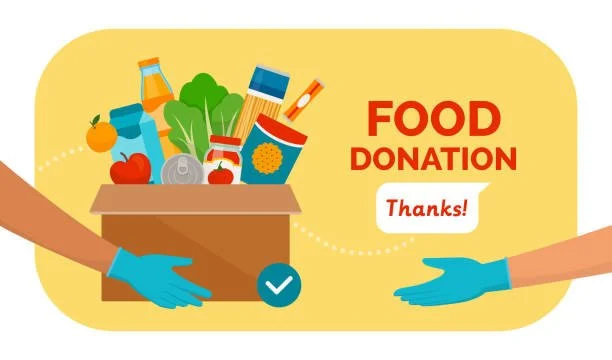Simple strategies
Reducing food waste not only helps the environment but can also help you save money on groceries. Here are six strategies that you can use to preserve food and spend less money in the supermarket.
1. Check Your Inventory Before Making a List
Before heading to the store, take inventory of what you already have on hand. This will help you avoid over-purchasing and reduce food waste. Plan your meals for the week and make a grocery list that is tailored to your specific needs. This will help reduce the risk of over-purchasing and wasting food.
2. Schedule Time to Shop and Stick to it
Set aside a specific time each week to do your grocery shopping and stick to it. This will help you stay focused and avoid impulse purchases that often result in food waste. It is also a great idea to plan out your meals for the week. This will help you buy only what you need and avoid purchasing items that you may not use.
3. Take Advantage of Store Sales and Discounts
Looking for sales and discounts on items you frequently use is a great way to save money on groceries. Fresh produce and meat can be expensive, so when they go on sale, it’s a good idea to take advantage of the opportunity to stock up. This can not only save you money in the long run, but it can also reduce the need for multiple trips to the grocery store, which can help reduce your carbon footprint and save time.
4. Store Food Properly
Store food properly to extend its shelf life and reduce the risk of waste. Use airtight containers, vacuum sealing, and proper refrigeration techniques to keep food fresh for longer. Advocate for food waste reduction education & policies at the local and national levels. These policies can include tax incentives for donating surplus food, labeling requirements for food expiration dates, and composting programs for food scraps.
5. Learn About Local Food Bank Programs
Support local food banks and other food recovery organizations that provide food to those in need. Many local food banks have programs that provide free or low-cost food to families in need. Take advantage of these programs to reduce food waste and help others in your community. Organizations help reduce food waste by redirecting food that would otherwise go to waste to those who need it.
6. Use Leftovers for Remastered Meals
Transforming your leftovers into new and exciting meals is not only a great way to reduce food waste, but it also helps you get creative in the kitchen. With a little bit of inspiration and some basic cooking skills, you can turn your leftovers into something entirely new and delicious. Consider making a leftover stir-fry with some veggies and protein, or turning leftover rice into a tasty rice pudding. The possibilities are endless, and you’ll be doing your part to reduce food waste while also saving money on groceries. (Image sourced from workweeklunch.com)




